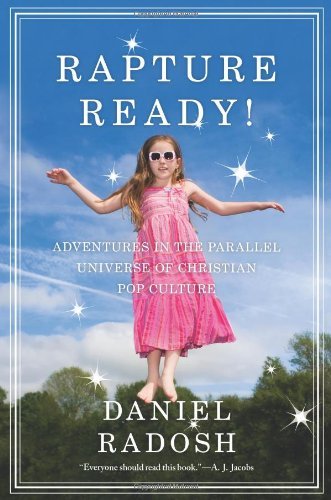What do you think?
Rate this book


310 pages, Hardcover
First published April 8, 2008
"Sociologists contend the number-one value in American society is self-actualization or self-fulfillment. Everybody thinks, I have a right to do whatever it takes to make me happy. Christians aren't really a whole lot different from mainstream society in that regard. I mean, we divorce at nearly the same rate as mainstream society. That's because we've bought into this idea that happiness is the ultimate American right. We don't challenge the materialism of our culture. We don't challenge the self-indulgence in our culture. We don't challenge the American superpower we have a right to tell the rest of the world what to do kind of thinking. A counterculture rejects some of the key dominant values of the surrounding society. The only values that we're worried about are abortion and gay rights. That's it. Because those are sins we don't commit; those are sins other people commit. The Bible has more than two thousands verses about poverty and maybe five or ten that you can interpret as being about abortion, but we're all about abortion. Those two thousand verses about Christians' responsibility to widows and orphans and aliens and strangers and the poor? We manage to be blind to all of that, but we can find those five verses about abortion."Ã˝